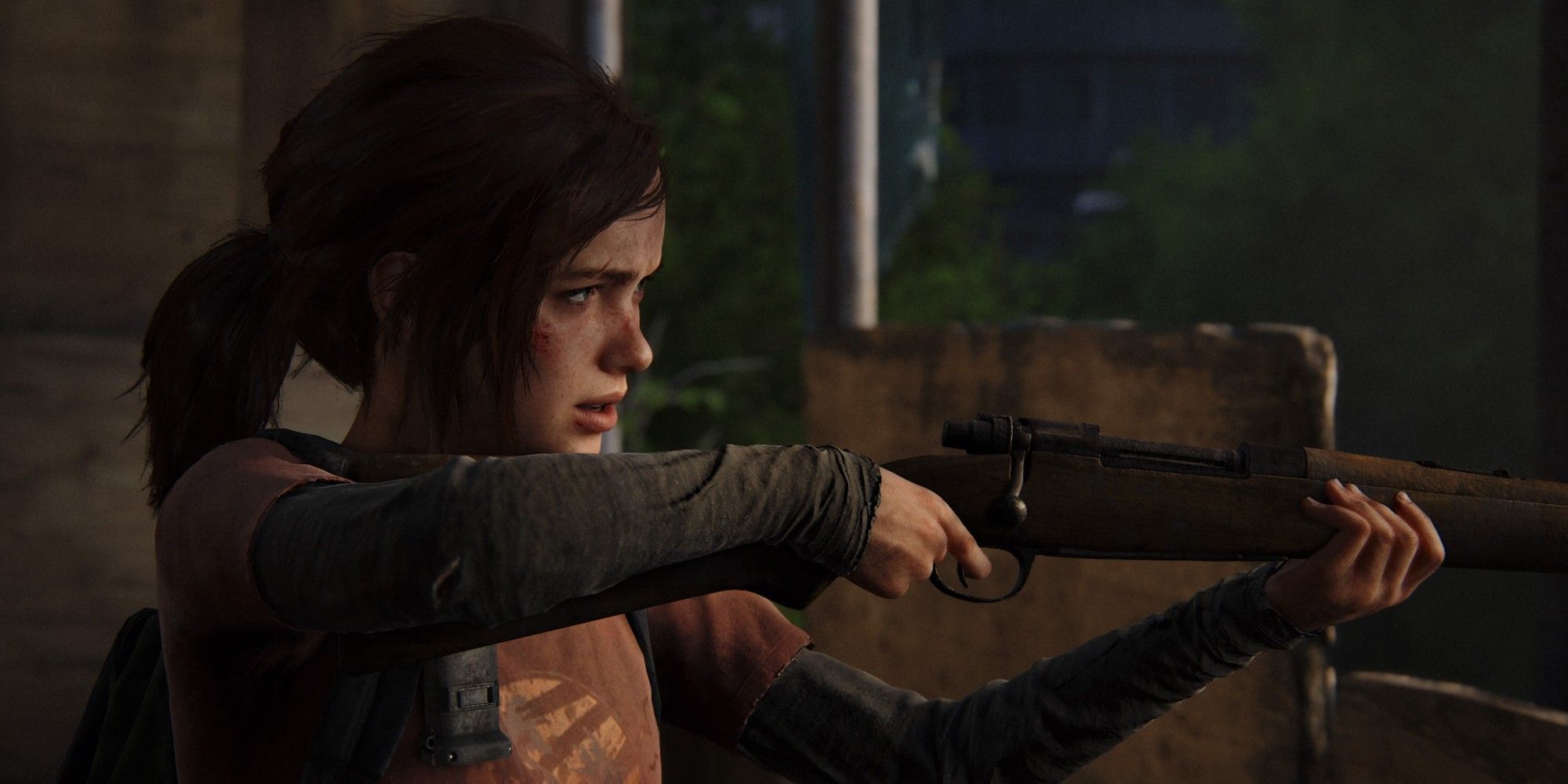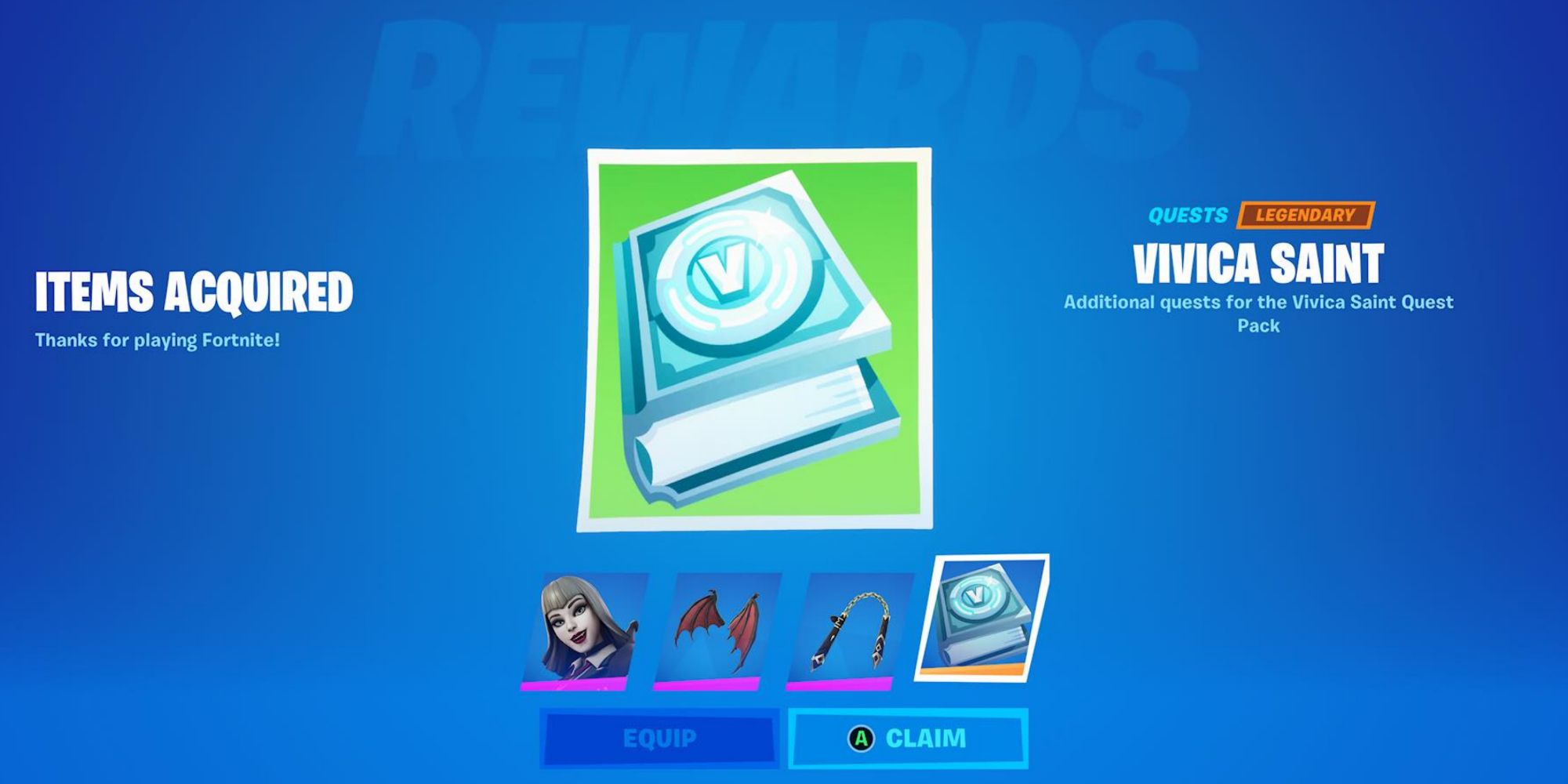Games have always been a business. Even when it was six guys in a single room crunching for the hell of it to get their silly little polygons all in a row for Christmas, there were still investors to appease. But lately, the investors have taken over the asylum. Games cost much more these days, and take far longer, so when money talks, it shouts. Gaming has become more profitable, and that has attracted more profiteers, but that’s not the half of it. Naughty Dog's most recent appointment for what is almost certainly The Last of Us: Factions 2 only underscores our vulgar drive for profits, profits, profits.
Games love to be compared to movies, seeing it as the highest possible praise, and cribbing most of their most memorable moments from cinema. But one thing they have not stolen is the distinction of expense and quality. The highest grossing movies of the year and the most critically acclaimed movies of the year have almost zero crossover. Some span the divide, like Top Gun: Maverick or Mad Max: Fury Road, but there’s usually a very sharp distinction. Tár, Till, and The Fabelmans will not pull the gross of Black Adam. In gaming, there is no difference.
The biggest, most profitable games, and also the most critically revered – see God of War Ragnarok and Elden Ring for further proof. This means money-making is fetishised even by the artists, with mass profit taken with the same credibility as five-star reviews across the board. There are exceptions to this perception, especially within mobile and sporting spheres where games churn out unholy profits with little substance, but mostly making a lot of money is akin to making great art in the gaming space.
And few studios are as obsessed with making great art as Naughty Dog. Having struck gold with The Last of Us, the studio has remastered it twice and is set to adapt it for TV – an adaptation that will likely be incredibly safe and loyal, especially given game creator and director Neil Druckmann’s hands-on approach, even directing an episode. Hey, it will make a lot of money though, and that means you did a Good Art. Recently, this combination of artistic integrity and corporate greed reached its natural conclusion with Naughty Dog securing the signature of Anders Howard.
Anders Howard has spent the last seven years working on Fortnite, where part of his role has been designing the battle pass and its progression system. Since many battle royales have aped Fortnite in some way, it would be fair to say Howard shaped the current live-service landscape. And hey, I'm sure he's a nice guy. This isn't a cheap shot about Fortnite being trash, and by all accounts Fortnite's general progression is decent and rewarding enough for even half-way committed players. He did a good job. The problem is not what he did, but what he's going to do.
Howard has been brought in as 'principal monetization designer', a job title that frankly makes me want to vomit. Again, games are a business. We know they need to monetize. We know that free, live-service games have to get creative with how they do this. And we know that Fortnite, and by extension Howard, was extremely successful at this tactic. But the fact games are so open about their existence as money making machines, not as art that makes us want to kick in a buck because it's so darn good, but as algorithmised slot machines designed to let us win the perfect amount to keep us begging for more content like Pavlovian dogs, should worry us all.
Factions was meant to arrive in 2020 when The Last of Us Part 2 launched, remember. We're over two years out from that deadline and they won't even confirm its name, and have sworn off any discussion whatsoever until 2023. Still found time for the vanity project of remaking the first game, though. And now Naughty Dog is building a team of monetisation Avengers, ready to shoot us in the face with a microtransaction beam and wallop us over the head with a battle pass hammer.
Maybe Howard's appointment is a good thing. Maybe this way, the monetisation is perfectly balanced, unobtrusive, and is a natural part of the game, allowing for some form of free progression too. But it feels like a poor compromise for us to have to make to Naughty Dog, the self-appointed kings of gaming narratives, when the studio tries to maximise its profits in the live-service genre because that's where the money is, rather than crafting something heartfelt. Maybe I just miss the days of six guys in a single room.
Source: Read Full Article

